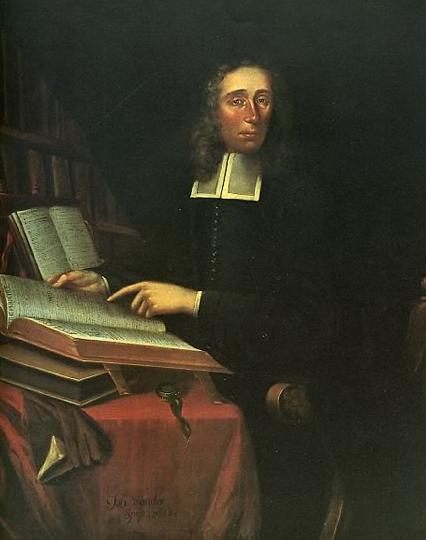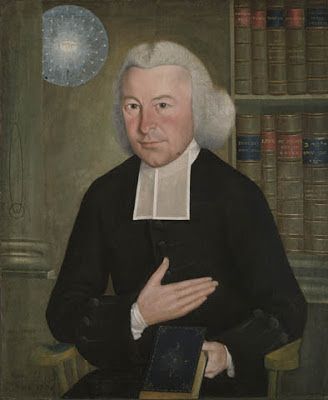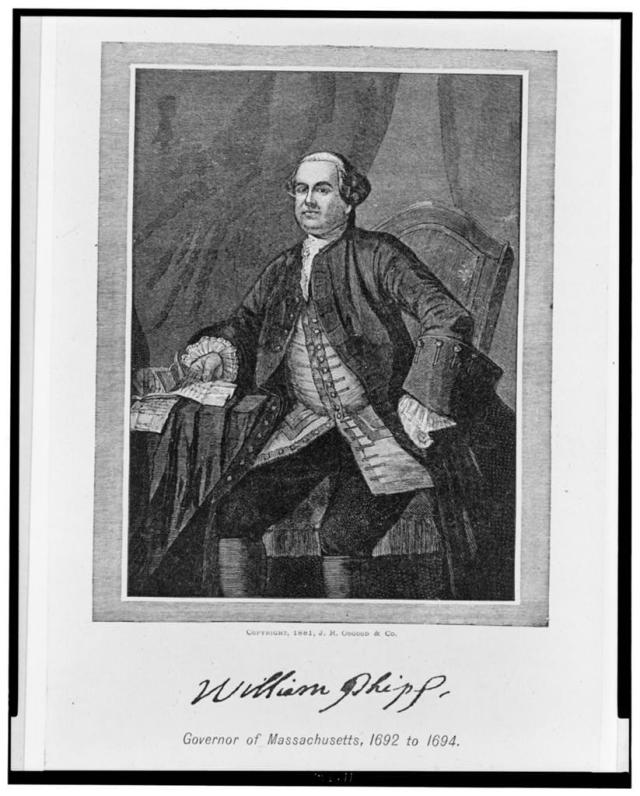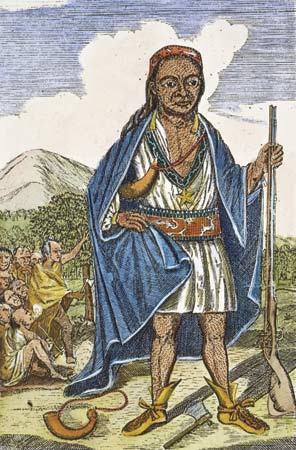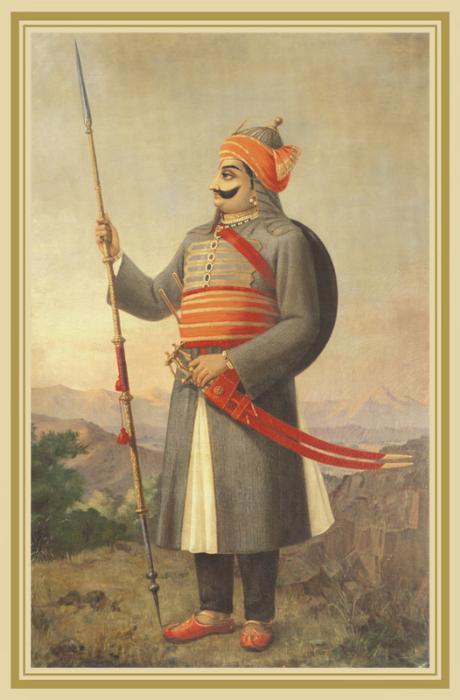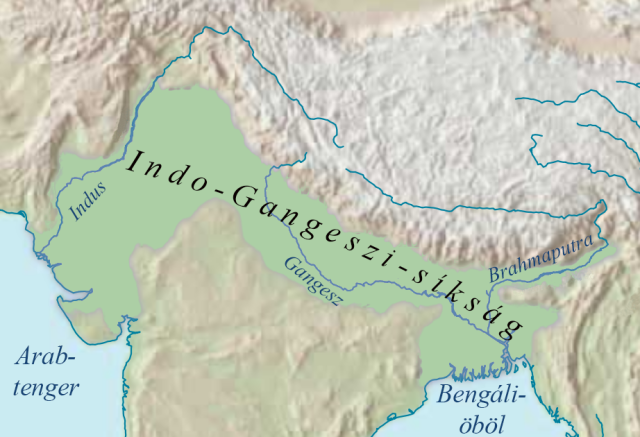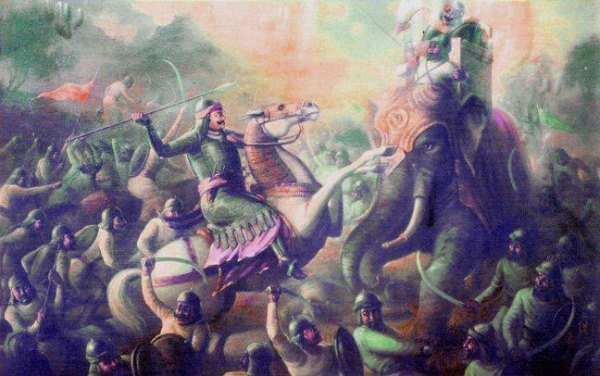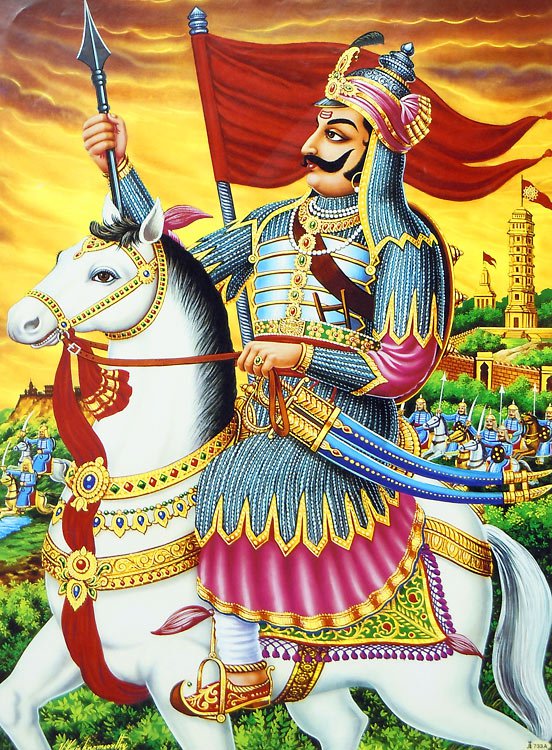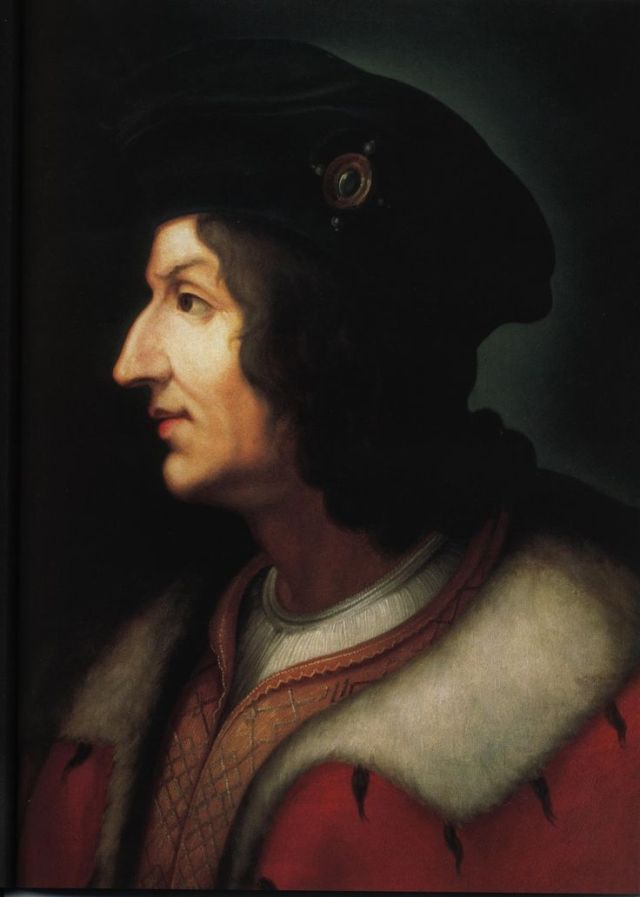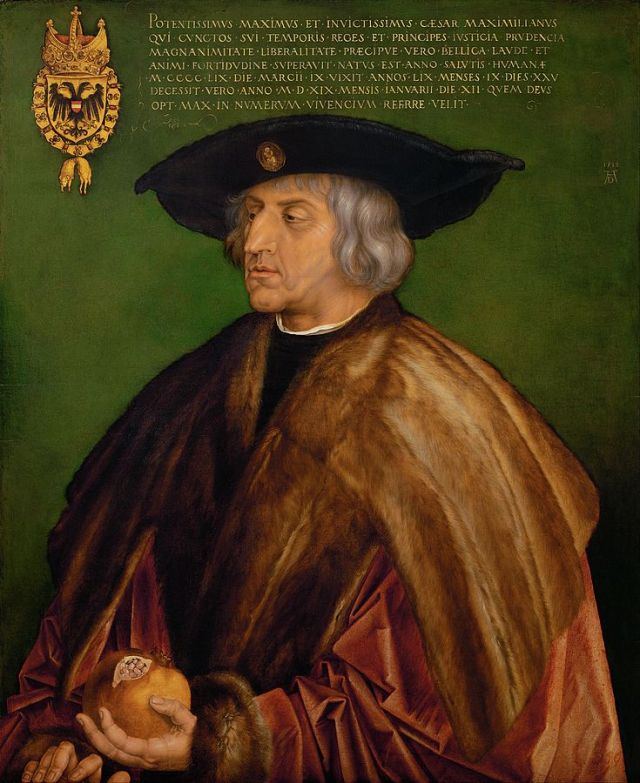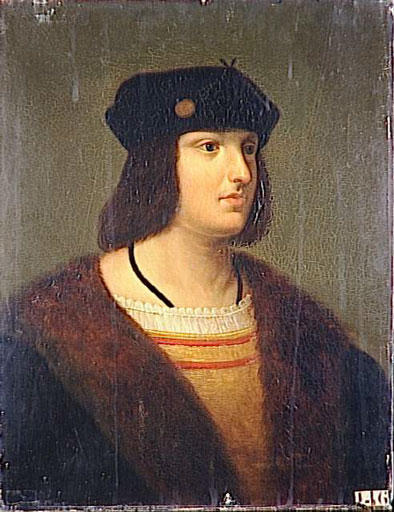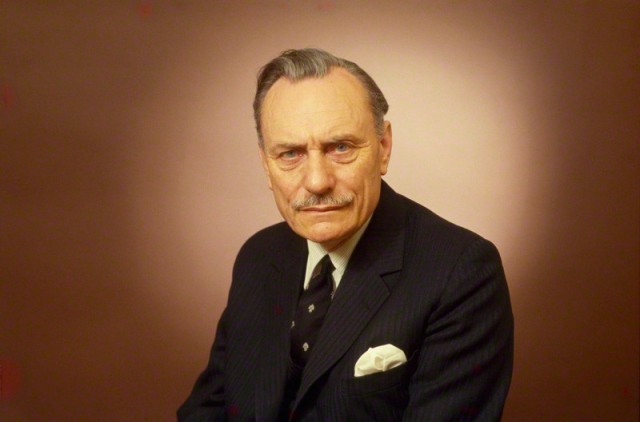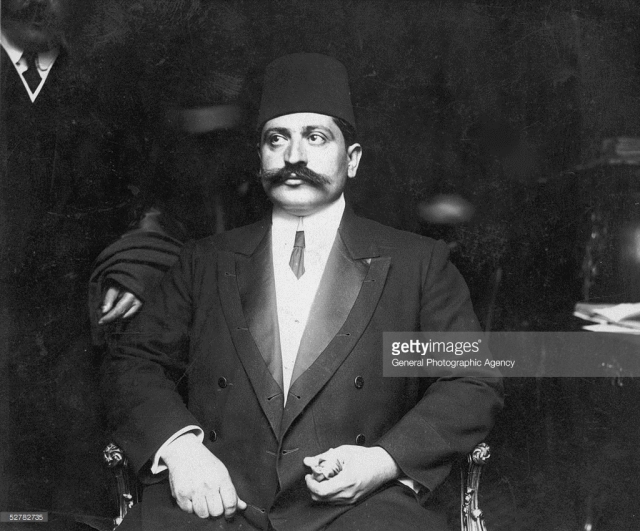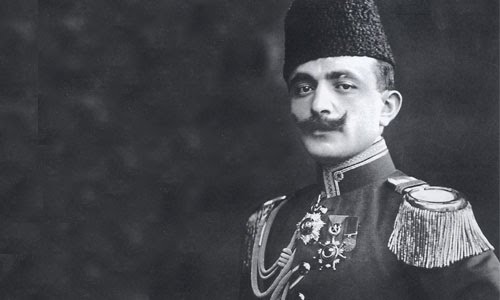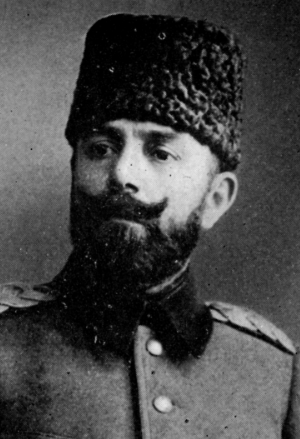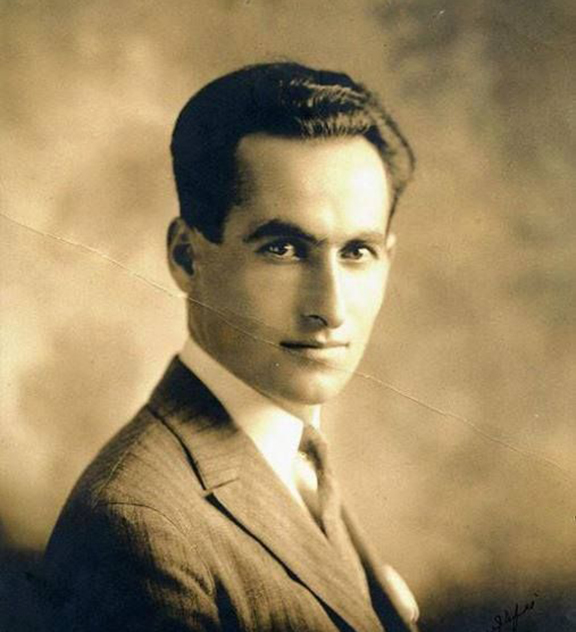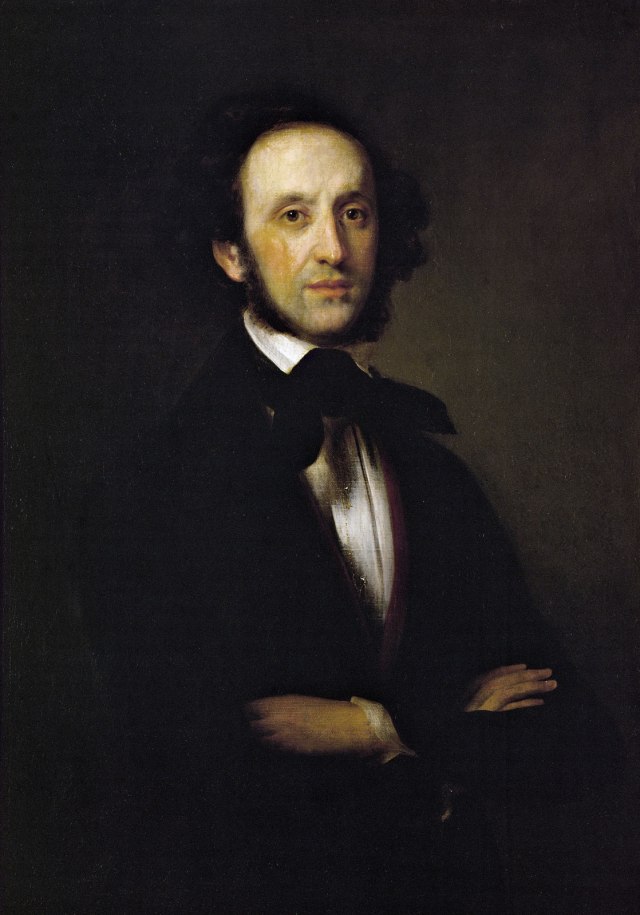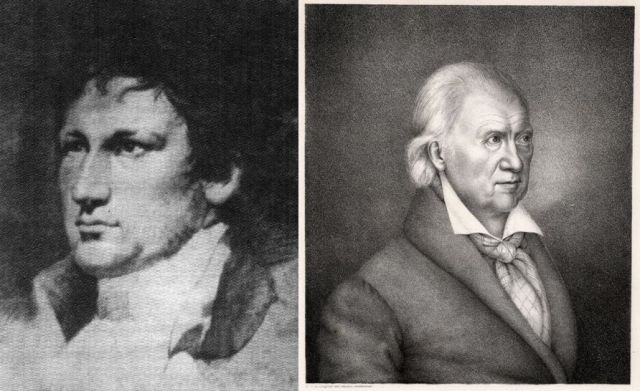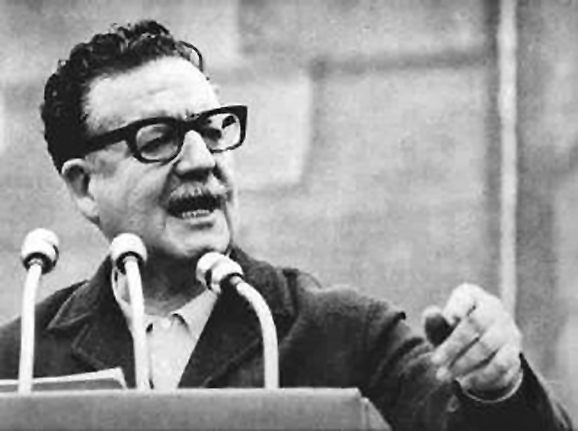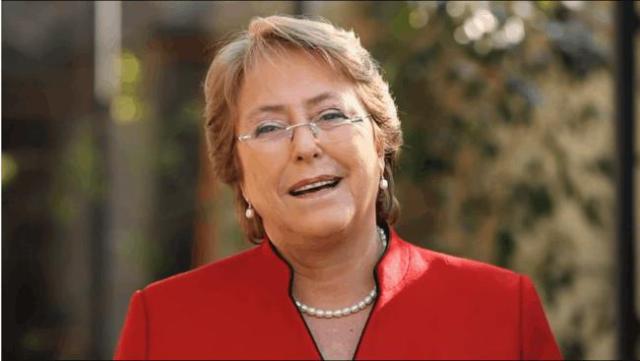Excepting music majors and classical music aficionados, most people are unaware that, despite being one of the most recognizable pieces of music in history, Tchaikovsky had utterly loathsome feelings towards the 1812 Overture.

Beaming with nationalistic sentiment and war-like grandeur, the 1812 Overture was a response to the surprising defeat of France by the Russians at the Battle of Borodino in September of 1812. While the piece evokes a sense of overwhelming victory and tenacity, it belies the fact that, as many armies who’ve invaded Russia understand, it’s not necessarily the warriors, but the weather, that will make or break the enemy.
The piece itself was composed in a matter of six weeks at the urging of Nikolai Rubinstein. The problem for Tchaikovsky, and the likely reason he had such disdain for what would become his signature composition, was the expectation that he should create a piece that appealed to all aspects of society — religious, political, and cultural. The 1812 Overture was expected to commemorate their ousting of the French from Russia, the completion of the Cathedral of Christ the Saviour, the 25th Anniversary of Alexander II‘s reign, and the 1882 All-Russian Arts and Industry Exhibition. Even a man of Tchaikovsky’s genius may have had existential crisis.
The 1812 Overture opens with a hymn (Troparion of the Holy Cross) paying homage to Russia’s Eastern Orthodox tradition. The arrival of the French on Russia’s doorstep is illustrated by a Russian folk song (At The Door, At My Door) while being juxtaposed with the French National Anthem (La Marseillaise). During this point and counterpoint, neither side is permitted to gain an upper-hand. This is meant to convey the struggle present between warring factions. Ultimately the Russians were successful in ridding their country of Napoleonic invaders. But Tchaikovsky’s expectations for the 1812 Overture were overshadowed by the realities of human nature and problematic musical logistics.
Tsar Alexander II was assassinated in 1881 and Tchaikovsky’s desire to see the piece performed in the city square was squelched by the fact that it was practically impossible to sync the cannon fire with the orchestral score. The piece would finally be performed at the All-Russian Arts and Industry Exhibition in 1882 sans cannons, brass band, and cathedral bells.
Whether Tchaikovsky ever came to terms with the supposed failure of the 1812 Overture, we may never know. The fact remains, though, that it continues to be one of the most recognizable and performed orchestra pieces in history. We also have to keep in mind, Tchaikovsky, like so many of us, was his own worst critic.
I hope you enjoyed today’s blog. My apologies for not updating more frequently. I’ve started a new job and relocated. So I’ve not had much time for updates. I’ll try to update more frequently.
As always, let me know if you have any ideas or topics you’d like me to explore.
Regards,
PH
Source:
http://www.classicfm.com/composers/tchaikovsky/guides/1812-hated-hit/
